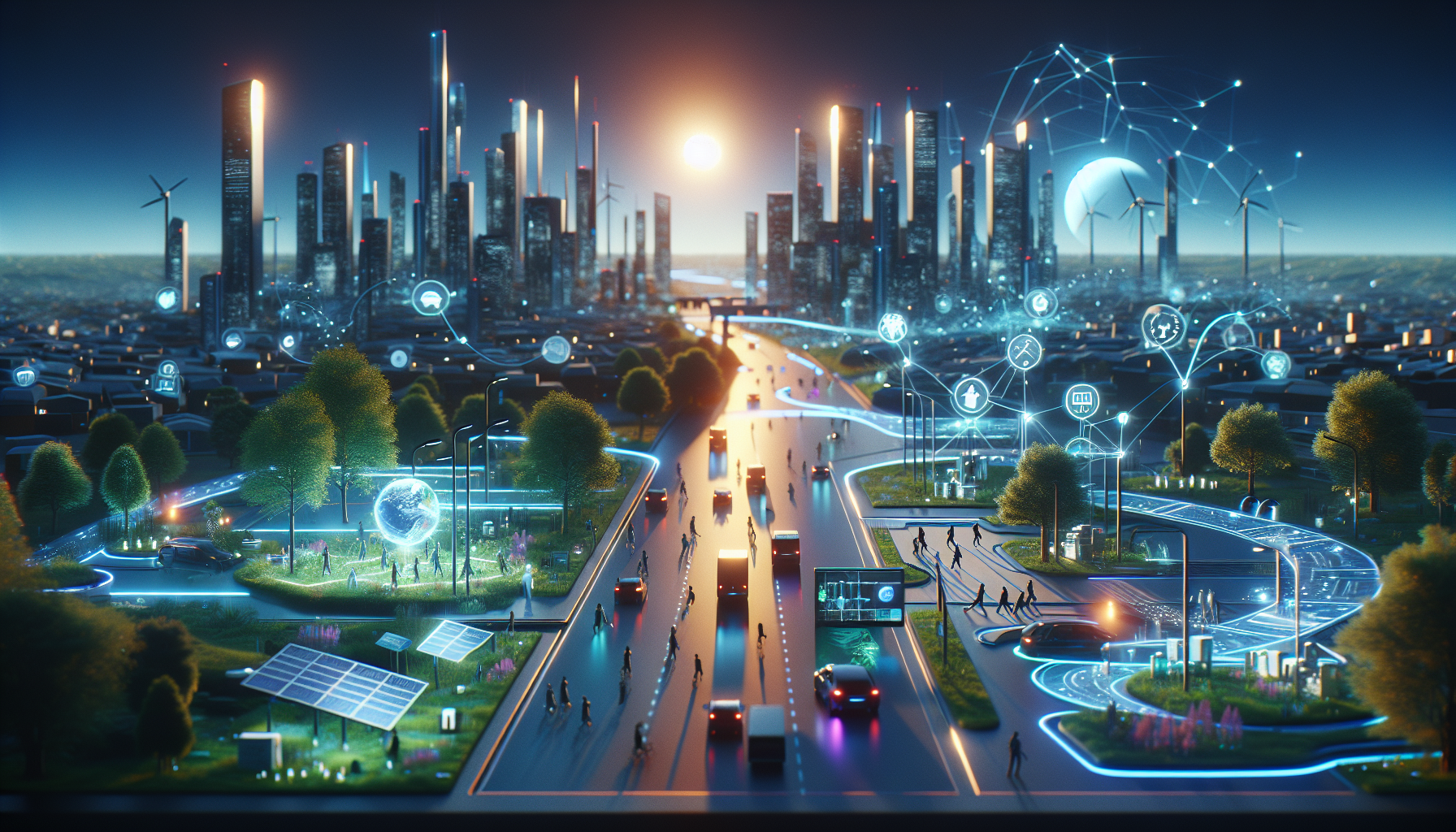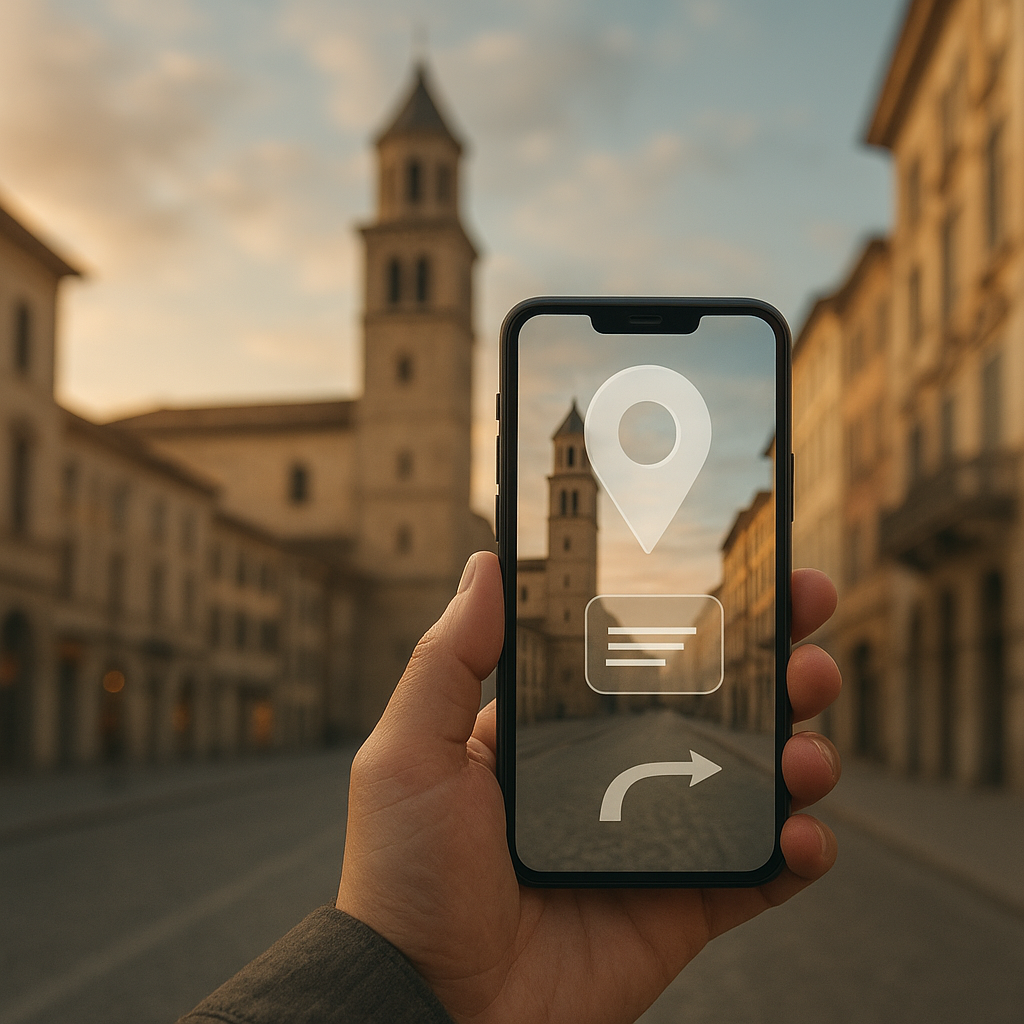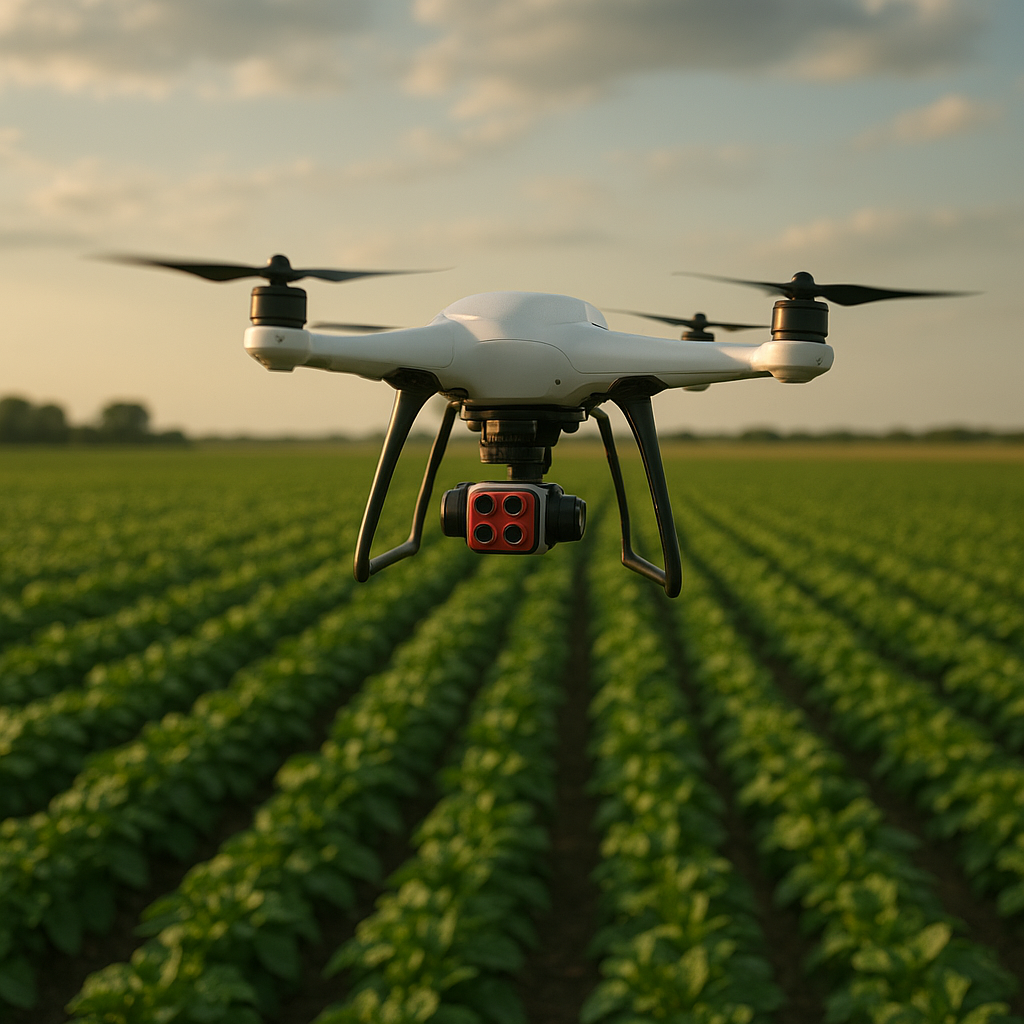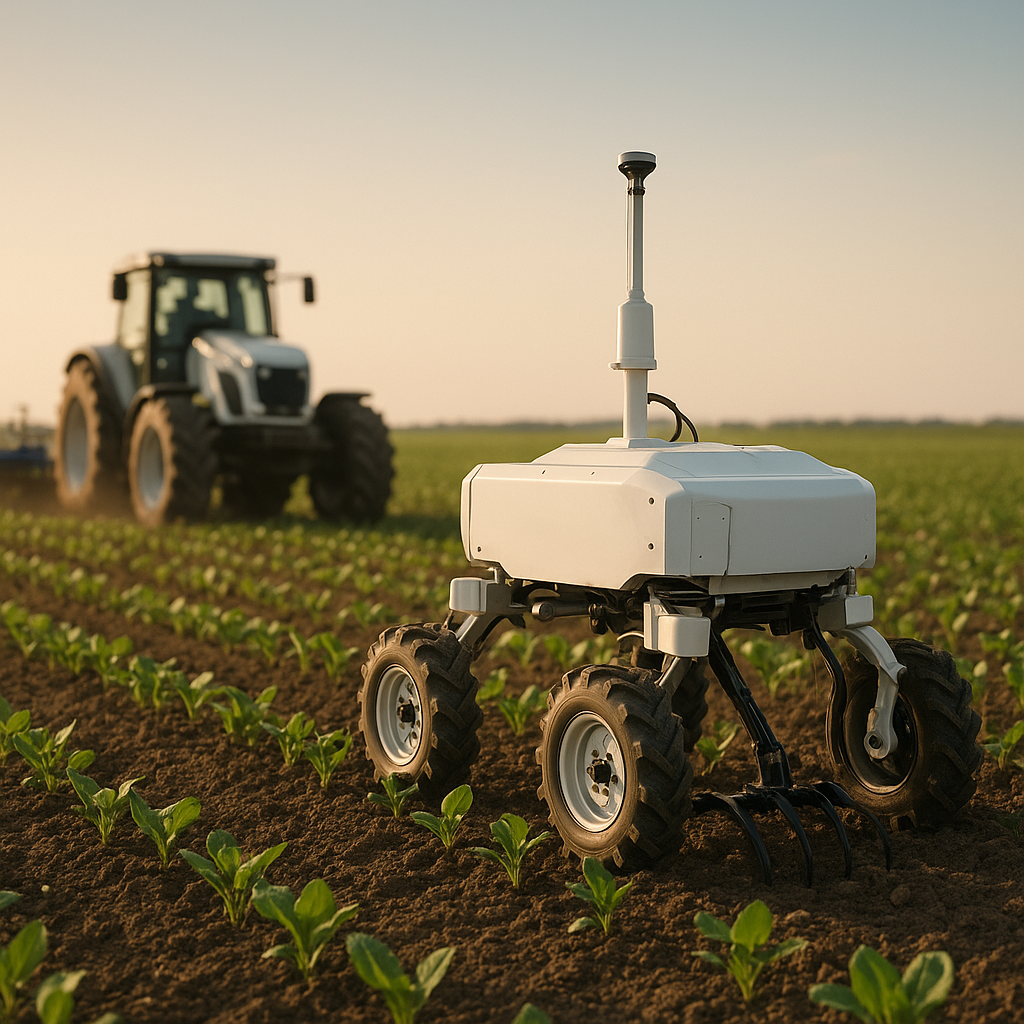The Future of Smart Cities: Integrating Technology for Better Living
In an era where urban spaces are rapidly expanding, smart cities are emerging as innovative solutions for sustainable living. By leveraging technology and artificial intelligence, cities around the world are integrating systems designed to enhance efficiency, connectivity, and environmental sustainability, marking a new chapter in urban development.

The Role of Technology in Urban Planning
Modern urban planning is increasingly reliant on technology to address the complexities of growing populations and the consequent demand for resources. Artificial intelligence (AI) plays a pivotal role in architecting cities that are not only functional but also environmentally responsible. Key aspects include:
- Data-Driven Decision Making: AI systems analyze data from various sources, helping city planners make informed decisions about resource allocation and infrastructure development.
- Smart Resource Management: Integrating technology allows for optimized use of energy, water, and transportation systems, reducing waste and environmental impact.
- Enhanced Connectivity: Smart cities facilitate seamless movement through interconnected transportation networks, making commuting more efficient.
Global Innovations in Smart City Development
Across the globe, cities are spearheading cutting-edge initiatives that reflect a commitment to sustainability and advanced living standards. Recent projects highlight innovative approaches to urban challenges:
- Dubai's ‘Dubai Live’: This initiative integrates various utilities into a centralized platform, significantly streamlining city operations and enhancing service delivery.
- Kolkata's Smart City Projects: Focused on improving urban infrastructure, Kolkata is implementing smart technologies in traffic management and public safety, aiming for a sustainable urban environment.
- Southeast Asia Partnerships: Countries like Singapore, Malaysia, and Indonesia are collaborating to develop smart cities that boost tourism while ensuring environmental sustainability through advanced technology.
Sustainable Urban Development Strategies
A holistic approach to urban regeneration is central to the development of smart cities. Strategies that promote sustainability are paramount:
- Carbon-Free Initiatives: Adopting technologies that minimize carbon footprints is critical. Cities are exploring renewable energy sources, energy-efficient buildings, and green transportation systems.
- Community Engagement: Involving citizens in the planning process ensures that the development meets local needs while fostering a sense of ownership and responsibility.
- Resilience Building: Smart cities are designed to be resilient against climate change, incorporating features like green roofs and sustainable drainage systems to manage extreme weather events.
Integrating IoT for a Smarter Tomorrow
The Internet of Things (IoT) is the backbone of many smart city initiatives, connecting various devices and systems to streamline operations. Key benefits include:
- Real-Time Monitoring: IoT devices provide real-time data that helps manage traffic flow, air quality, and energy usage, enabling swift responses to issues as they arise.
- Improved Public Services: Smart waste management systems, for instance, optimize collection schedules and routes based on real-time data, improving efficiency and reducing costs.
- Public Safety Enhancements: Connected surveillance cameras and emergency response systems can significantly improve city safety and reduce response times during emergencies.
The Impact on Daily Life
The integration of technology into urban living transforms daily life in smart cities, offering conveniences that elevate quality of life:
- Smart Homes: Residents benefit from remote control of utilities and home systems, increasing energy efficiency and comfort.
- Enhanced Transportation Options: With integrated transport apps, commuters can access real-time information on public transport, ride-sharing services, and traffic conditions.
- Community Well-Being: Access to smart health initiatives, including telemedicine and health monitoring, fosters a healthier population.
The Future Outlook
The future of smart cities looks promising, driven by continuous technological advancements and a growing recognition of the importance of sustainability. Innovations such as:
- AI and Machine Learning: Further implementation of AI will lead to even more sophisticated city management systems.
- 5G Connectivity: The rollout of 5G networks will enhance communication between devices, supporting more complex smart city applications.
- Collaboration Across Borders: International partnerships will facilitate knowledge sharing and innovation, accelerating the development of smart solutions to urban challenges.
Conclusion
As urban areas evolve, the concept of smart cities represents a paradigm shift towards a more sustainable, efficient, and interconnected urban living experience. By integrating advanced technologies, cities not only address the immediate challenges of urbanization but also pave the way for a holistic approach to future living. Emphasizing the balance between technology and environmental stewardship is essential for the continued growth and improvement of urban environments worldwide.
Related Video
Watch this video for more insights on smart cities.
Related videos:








